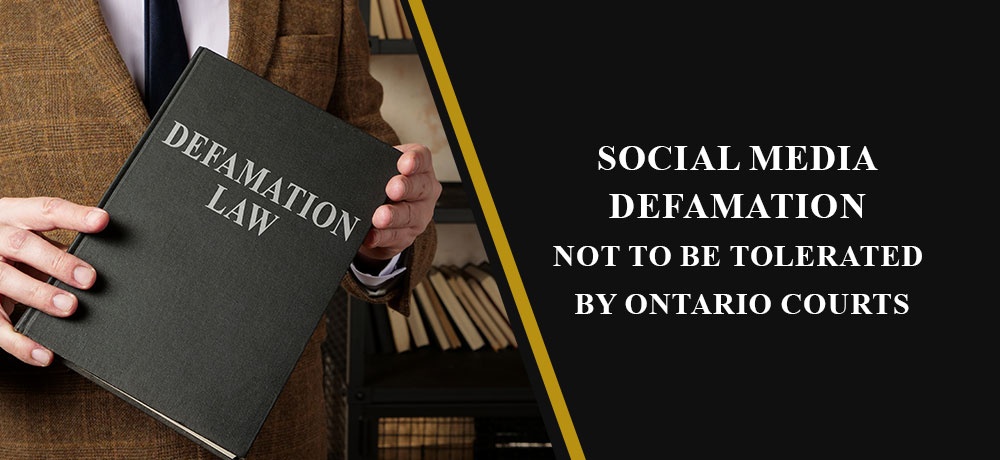Social Media Defamation – Not to be tolerated by Ontario Courts

The Ontario Courts in a recent decision, Caplan v Atas, 2021 ONSC 670, has made it clear that they will not tolerate vexatiously and harassing behaviors on social media, thereby providing condominium directors and property managers a legal system to fight cyber attacks by unit owners or occupants.
In this case, Ms. Atas, the defendant had engaged in a vile campaign of cyberstalking against the plaintiffs in the actions laid against her. Even after spending 74 days in jail for contempt of court, Ms. Atas did not stop publishing defamatory statements about the plaintiffs which were not only defaming but also abusive.
While observing that online harassment, bullying, hate speech, and cyberstalking straddle criminal and civil law, harmful internet communication has prompted many jurisdictions to amend or pass legislation to deal with the issue. The court created a new tort ‘the tort of internet harassment’ as the online conduct of the defendant, in this case, sought not so much to defame the victims i.e., the plaintiffs therein but to harass them.
Based on an American case it was further observed by the court, to show that the defendant has committed the tort of internet harassment, the plaintiff must prove that the defendant maliciously or recklessly engaged in communications that were outrageous in character and extreme in degree, so as to go beyond all possible bounds of decency and tolerance coupled with the intent to cause fear, anxiety, or to impugn the dignity of the plaintiff and the plaintiff actually suffered such harm.
In view of the court, the law should respond to such conduct to compensate victims, to express the law’s disgust and firm rejection of the conduct, to punish for wrongful conduct, to deter the defendant and others from this sort of conduct in future, and to bring the wrongful conduct to an end.
Therefore, considering the financial situation of Ms. Atas, in this particular case, the court granted a broad and permanent ban on any online communications by Ms. Atas. The court also ordered for a transfer of title of the publications, meaning that the plaintiffs could show they are the owners of the online posts and have them removed from the internet.
This case in addition to others is a very relevant tool, which can provide protection against severe online harassing conduct.